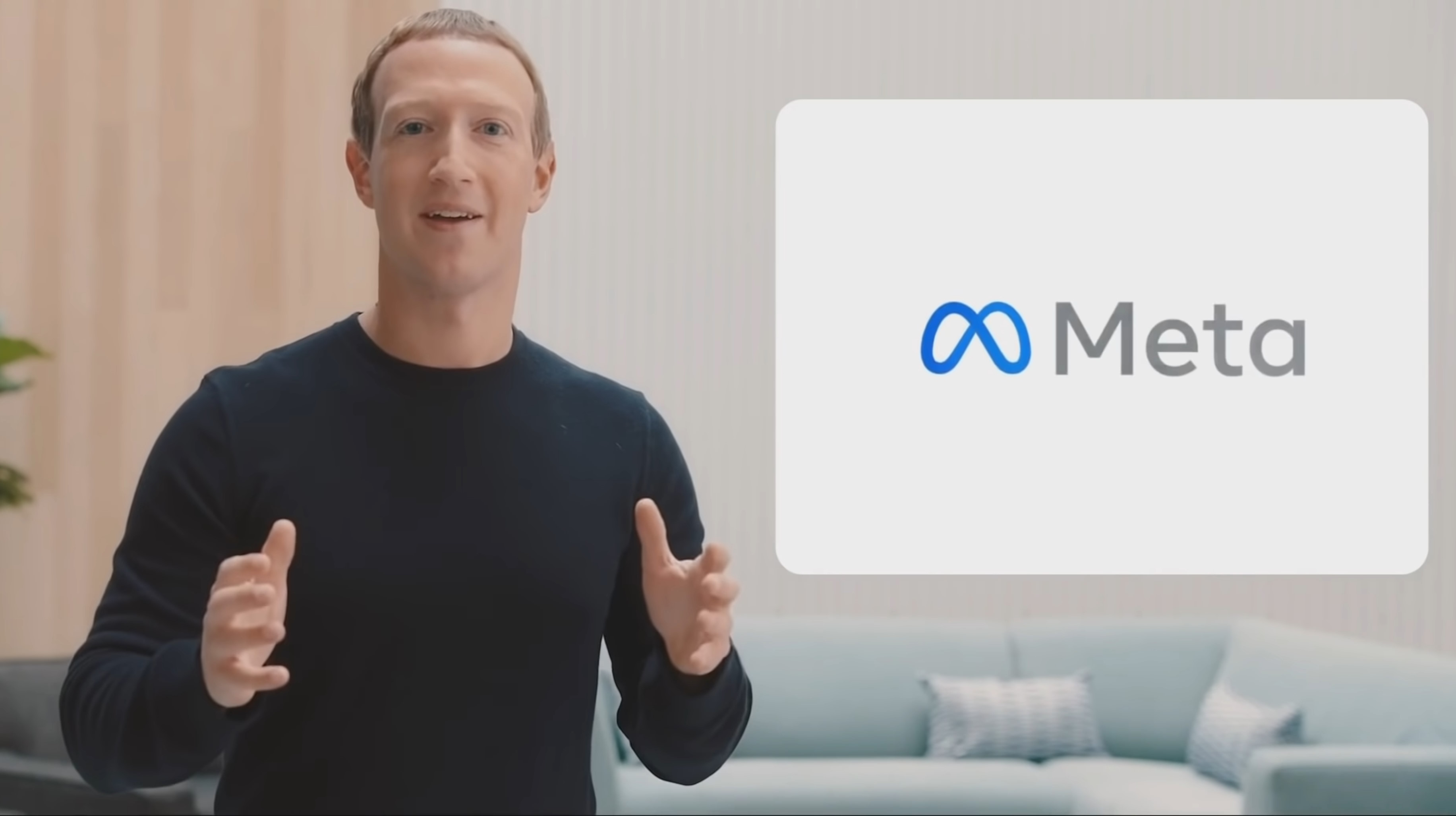
This week marked a significant moment in the world of AI copyright cases.
Meta has won a pivotal lawsuit concerning the use of copyrighted works for AI training, emerging victorious against 13 authors who alleged that their books were improperly used. Instead of deliberating in front of a jury, the case concluded with a summary judgment due to insufficient arguments on the part of the plaintiffs, as highlighted by Judge Vince Chhabria.
The judge pointed out that the plaintiffs’ assertions regarding the AI model, Llama, were flawed and did not demonstrate that the use of their works in training significantly diluted their market value or licensing opportunities.
Meta’s legal triumph does not imply that it has the blanket right to utilize copyrighted materials; instead, it reflects the shortcomings in the arguments presented by the plaintiffs. They failed to effectively navigate the complexities of fair use, particularly regarding market impact.
This case sets a precedent amid ongoing discussions about the boundaries and responsibilities of AI applications in creative domains. As copyright litigation in technology continues to evolve, this ruling is being closely examined by industry experts to understand its implications for future cases.
